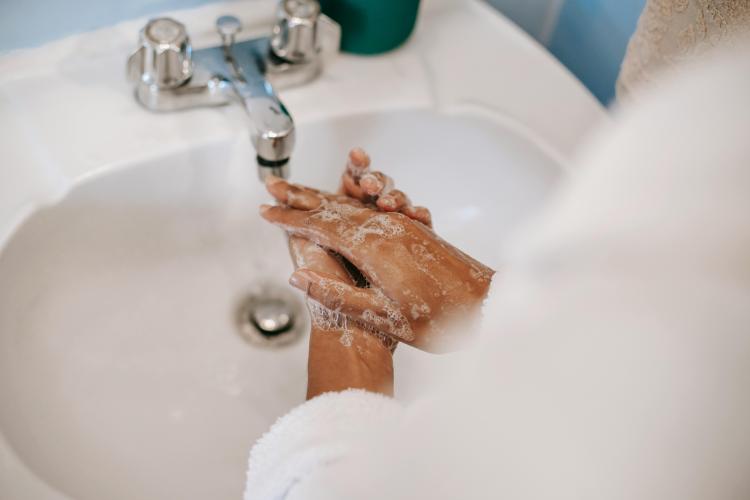When you’re outfitting yourself or your child for sports, don’t forget eyewear. Americans suffer tens of thousands of sports and recreation-related eye injuries annually. Most of these can be prevented through use of appropriate protective eyewear. Regular eyeglasses don’t protect the eyes from sports-related injuries.
The most frequent sports-related eye injuries occur when people play basketball, baseball and racquet sports. Here are some tips for choosing the best protective eyewear:
- If you wear prescription glasses, ask your doctor for prescription eyeguards.
- Look for eyewear that has been tested to meet the American Society of Testing Materials (ASTM)—this means it has been performance tested to provide the best level of protection.
- Look for eyewear that is made of polycarbonate material, which is the most impact-resistant.
- Choose a sports eyeguard that is padded along the brow and bridge of the nose, to prevent it from cutting the skin.
- Before purchasing sports eyewear, try it on to make sure it’s the right size—not too tight or loose.
- For snow or water skiing, wear protective glasses or goggles with ultraviolet (UV) protection, to help shield your eyes from sunburn and glare.
- Team sports aren’t the only recreation-related activities that can lead to eye damage—fishing is a leading cause of sports-related eye injuries.
- Even though most youth sports leagues don’t require use of eye protection, you should insist that your children wear safety glasses or goggles when they play.
Vision experts have compiled a list of specific types of protective eyewear needed for each type of sport. For example:
- Baseball: Polycarbonate face guard or other certified safe protection attached to the helmet for batting and base running; sports goggles with polycarbonate lenses for fielding
- Basketball: Sports goggle with polycarbonate lenses
- Football: Polycarbonate shield on helmet
- Ice hockey: Helmet and full-face protection
- Racquetball, squash and soccer: Sports goggles with polycarbonate lenses
A complete list is on the National Eye Institute.
If you suffer an eye injury, seek medical attention right away, even if the injury doesn’t appear major. Delaying medical attention can lead to permanent loss of vision, or even blindness.



 Upcoming Events
Upcoming Events



